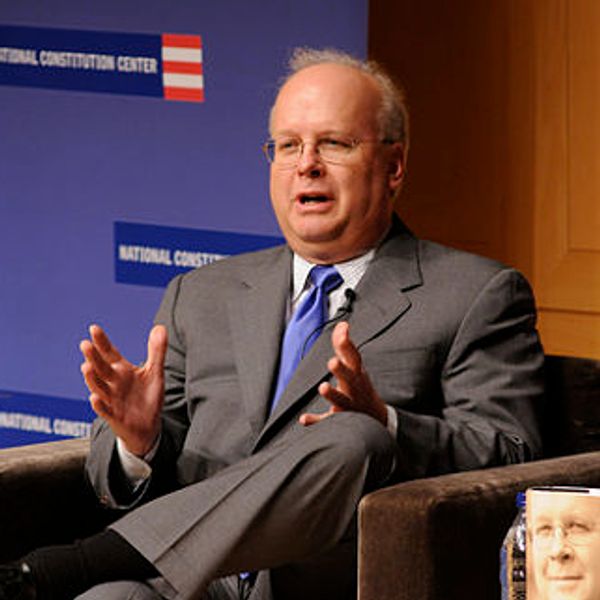Analysis: Sanders’ Failure To Score In Debates Helping Clinton Pull Away

By Anita Kumar, McClatchy Washington Bureau (TNS)
DES MOINES, Iowa — For Bernie Sanders, it was a missed opportunity.
The second Democratic debate was a high-stakes chance for him to blunt Hillary Rodham Clinton’s resurgence at one of the more crucial times in the Democratic contest for president.
But while Clinton was on the defensive over foreign policy and terrorism, the challenges came largely from the moderators. Sanders failed to deliver in small and large ways at the Democratic presidential debate Saturday that would have either cast positive attention on him or negative attention on her.
It’s a dynamic that explains why she’s pulling comfortably ahead of him in the Democratic race and is likely to remain there in the weeks to come.
After the terrorist attacks in Paris hours Friday, Americans expected to hear about foreign policy and, more specifically, how the candidates planned to fight Islamic State, which took responsibility for killing 129 people.
But when Sanders in his opening statement was asked to talk about the attacks, he uttered a mere two sentences on terrorism — totaling about 20 seconds — before quickly switching back to his standard stump speech.
“I’m running for president because as I go around this nation I talk to a lot of people,” he said. “And what I hear is people concerned that the economy we have is a rigged economy.”
The abrupt switch from terrorism, and his claim that climate change is the biggest threat to national security, seemed out of place as the Paris attacks dominated the world’s attention.
Sanders’ problems with the debate began even before the candidates walked on stage. His campaign spent hours disputing published reports that aides were angry about changes in the format to reflect the Paris attacks. Clinton supporters flooded social media saying anyone who couldn’t change topics based on world events couldn’t handle being president.
The independent senator from Vermont has surprised political observers, even himself, with his popularity in the contest that has translated to large crowds and millions of dollars in contributions. But he needs to do something more if he expects to compete with Clinton for the nomination.
With the candidates not debating again for five more weeks, the debate was perhaps his best hope to blunt her rise in the polls. He did provide several strong answers, particularly on reining in Wall Street and ridding politics of unaccountable money. But to get ahead he needed to criticize her, something he and his aides repeatedly say he’s not comfortable with.
When asked if he had any criticism of how Clinton performed as secretary of state, Sanders spoke vaguely about “regime change,” saying forcing leadership changes in some countries are not always beneficial. He barely mentioned her or explained that she has supported such moves.
Sanders instead agreed with her more than once.
“I agree with much of what the secretary said,” he said about terrorism.
“The secretary’s obviously right,” he said on her assessment of the Middle East.
Sanders did manage to criticize her more than he did in their first debate in October.
He forcefully went after her for voting to authorize the invasion of Iraq in 2003 as a senator, saying it created instability that led to the rise of the Islamic State.
“I don’t think any sensible person would disagree that the invasion of Iraq led to the level of instability that we have now,” he said. “That is one of the worst foreign policy blunders in the history of the United States.”
Clinton acknowledged again that she made a mistake on the Iraq War. But she then called on him to acknowledge his mistake on a vote he cast to grant immunity to gun manufacturers and dealers from liability if their firearms are used by criminals.
He didn’t, and instead delivered a muddled answer: “We will talk of that bill which I agree with parts, I disagree — I am certainly absolutely willing to look at that bill and make sure — and not a form of the bill,” he said.
He also failed to focus on what political observers consider one of his best lines of attacks — accusing Clinton of flipping on policy positions.
If all else failed, Sanders could have used the emails. Clinton has been under fire using a personal email system while secretary of state.
Sanders gave her pass on the issue in the first debate — saying Americans are “sick and tired” about hearing about her emails. But he said later he wasn’t dismissing concerns and that there are “valid questions.”
Then on Saturday, he said he really hadn’t changed his mind and that the way his remarks were misinterpreted was “just media stuff.”
“I was sick and tired of Hillary Clinton’s email,” he said. “I am still sick and tired of Hillary Clinton’s email.”
Clinton was pleased with that statement. “I agree completely.”
(c)2015 McClatchy Washington Bureau. Distributed by Tribune Content Agency, LLC.
Nov 14, 2015; Des Moines, IA, USA; Bernie Sanders speaks during a Democratic presidential debate at Drake University. Rodney White/The Des Moines Register via USA TODAY Sports








